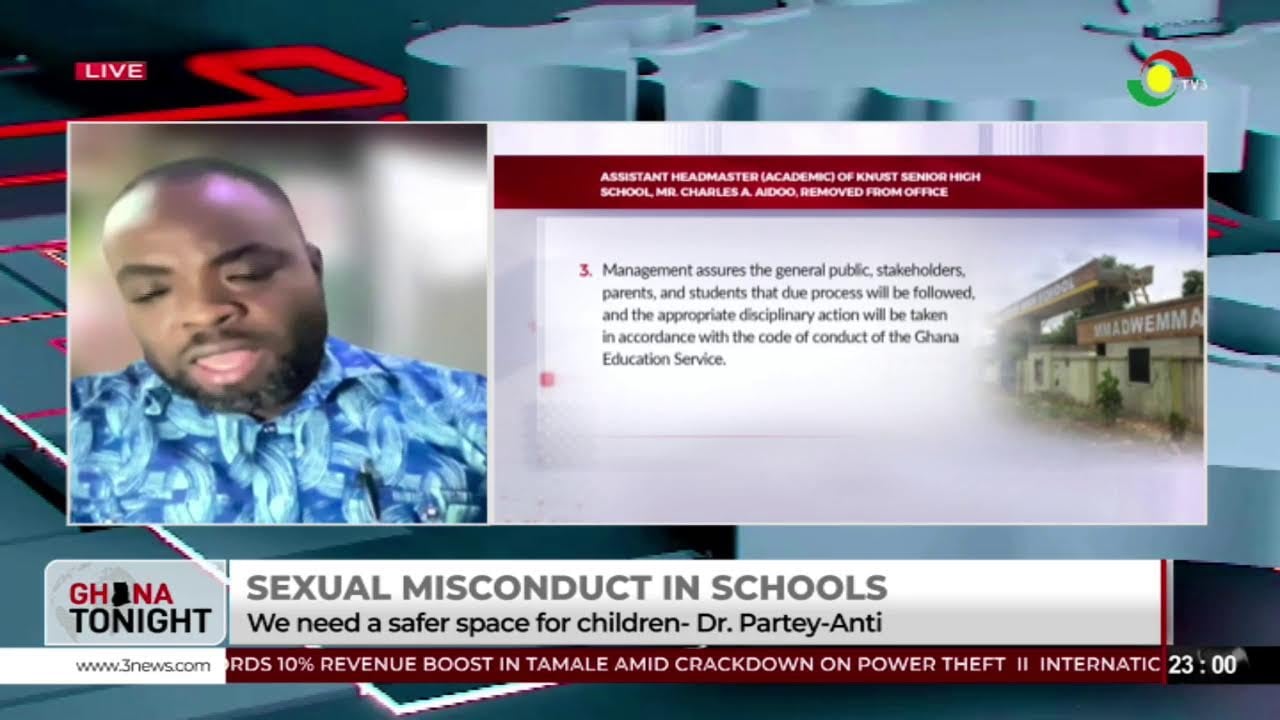
By Rev’d FIIFI AFENYI-DONKOR
Recently in Accra, nearly 400 people, including Civil Society Organizations and Faith groups, protested the Israeli Film Festival, scheduled for September 16–20, 2025, at Silverbird Cinema, Accra Mall.
Demonstrators argued that the festival functioned as “soft propaganda,” seeking to whitewash the humanitarian crisis and alleged apartheid and or genocide in Gaza.
This local protest resonates with Ghana’s voice on the global stage. At the 80th UN General Assembly, H.E. John Dramani Mahama condemned the devastation in Gaza, describing the bombardment of homes, schools, and hospitals as “a war of genocide, destruction, and mass-scale human suffering.” He implored the international community not to normalize oppression or remain silent in the face of such injustice.
These events raise a pressing question: How should our Christian faith guide our response to the suffering in Gaza?
Ancient Israel versus the Modern State of Israel
The story of Ancient Israel as found in the Bible begins with Abraham, the patriarch of Israel’s faith, whom God called out of Ur of the Chaldeans with three covenantal promises:
- Land – “To your offspring I will give this land” (Genesis 12:7)
- Posterity – “I will make of you a great nation” (Genesis 12:2)
- Divine-human relationship – “I will be your God, and you will be my people” (Genesis 17:7)
These promises formed the backbone of Israel’s covenant identity. The land of Canaan symbolized God’s faithfulness, but possession was conditional upon obedience. Posterity meant that Abraham’s descendants were called to embody God’s mission in the world.
The divine-human relationship gave Israel its vocation: to walk in obedience to God’s law and be “a light to the nations” (Isaiah 49:6). When Israel failed to keep God’s commands, exile demonstrated that blessings could not be separated from responsibilities.
It must be noted that the Ancient Israel as found in the Bible is different from the Modern State of Israel. The Modern State of Israel is a political entity like any other country in the world. Its creation followed centuries of persecution of the Jews, leading to their dispersion across the world especially into Europe, climaxing in the Holocaust, during which six million Jews were killed under the Nazi regime.
This tragedy intensified the global call for a Jewish homeland, earlier supported by the 1917 Balfour Declaration and the 1947 UN Partition Plan, which proposed dividing the land of Palestine into Jewish State (Modern State of Israel) and Arab State (Present day Palestine).
On 14th May 1948, the Modern State of Israel declared independence. For Jews, this was a moment of survival and triumph. For Palestinians, it was the Nakba, “catastrophe,” marked by displacement and dispossession. These competing narratives, Israel’s independence and Palestinian loss, continue to shape today’s conflict in Gaza.
The Modern State of Israel, Biblical Prophecy and Christian Zionism
The place of the Modern State of Israel in biblical prophecy has long been debated among Christians, and a faithful reading requires clarity on how prophecy functions in Scripture. In the Old Testament, prophecy was primarily directed to the immediate future of Israel (Northern Kingdom of Israel) and Judah (Southern Kingdom of Israel) within their covenant relationship with God.
Prophets such as Amos, Isaiah, Jeremiah, and Micah were not speculating about events thousands of years later. They spoke urgent words for their own generations, calling kings, priests, and people back to faithfulness, warning of judgment for injustice and idolatry, and promising restoration if they returned to the Lord. These prophecies were grounded in God’s covenant with Abraham and Moses and addressed the fate of Israel in their own time. They were not abstract predictions of 20th– or 21st-century geopolitics.
Yet prophecy often carried a double horizon. While it first addressed immediate circumstances, it also pointed forward to God’s ultimate purposes. Promises of a coming king, a new covenant, and a restored creation find fulfilment in Christ (Luke 24:44–47). In Him, the hope of Israel is extended to all nations, transcending geography and ethnicity (Galatians 3:28–29).
Modern Christian Zionism, which interprets biblical prophecy as justification for the political state of Israel, risks collapsing these two horizons into one. Drawing on literal readings of Old Testament texts (e.g., Ezekiel 37; Zechariah 14) and passages like Luke 21:24, some Christian Zionists view the return of Jews to the land as a direct fulfilment of Abrahamic promises.
While this perspective has influenced American evangelical theology and even global politics, it often overlooks the covenantal emphasis of the prophets: faithfulness, justice, and obedience, not mere territorial possession. Christians, therefore, must resist equating modern political events with prophetic fulfilment. Prophecy was primarily a call to covenant faithfulness and moral integrity, not a blueprint for nationalism.
It challenges believers to act justly, pray for peace, and pursue reconciliation in the world, reflecting the kingdom of God that transcends borders, ethnicity, or political ideologies.
In summary, prophecy invites engagement with God’s enduring purposes, not political partisanship. Its ultimate lesson is that divine blessing is inseparable from covenantal responsibility, and the hope of Israel is fulfilled in Christ, extending to all nations who walk in justice, mercy, and humility before God.
Jewish Diversity and Gaza
Moreover, it is also important to remember that Judaism is not monolithic (all the same), it has many different traditions and perspectives:
- Orthodox Jews adhere strictly to the Torah and rabbinic law. Many link the modern state to God’s promises, though some ultra-Orthodox groups oppose the state, insisting that only the Messiah can restore Israel.
- Reform and Conservative Jews embrace modernity and often separate Jewish religious identity from political nationalism. For them, Israel is culturally significant but not necessarily central to spiritual life.
- Secular Jews identify ethnically but not religiously, viewing Israel primarily as a haven after centuries of persecution.
- Messianic Jews confess Jesus (Yeshua) as the Messiah while retaining their Jewish identity, serving as a bridge between Judaism and Christianity.
This diversity demonstrates that there is no single “Jewish view” on Gaza. Within Jewish communities, some defend Israel’s military actions as necessary, while others oppose them on ethical or theological grounds. Many Jews advocate for justice for Palestinians while affirming Israel’s right to exist. Christians must recognize this plurality and resist simplistic generalizations.
The Christian Ethic of War
Additionally, the tragedy unfolding in Gaza calls for sober reflection on the Christian ethic of war:
- Pacifist Tradition: This perspective insists that Christians must reject all forms of violence, following Jesus’ commands to love enemies (Matthew 5:44) and turn the other cheek (Matthew 5:39). For pacifists, participation in war contradicts the way of the cross.
- Just War Tradition: Developed by Augustine and later articulated by Thomas Aquinas, this tradition sets moral boundaries for warfare. A war is considered just only if it is declared by rightful authority, pursued with just cause, and undertaken with right intention. It must be a last resort, employ proportionate means, and never deliberately target civilians.
Applied to Gaza, both traditions serve as a moral critique. Indiscriminate bombings, hostage-taking, disproportionate retaliation, and cycles of vengeance fall short of Christian ethical standards. The way of Christ calls us not to glorify war but to lament its devastation, stand in solidarity with victims, and demand accountability grounded in justice.
Conclusion
The Gaza conflict challenges Christians to respond with integrity, compassion, and courage, not by taking sides blindly or twisting Scripture to justify oppression. We must affirm Israel’s right to exist while defending Palestinian dignity.
Faith calls us to stand with the vulnerable and to act: supporting relief efforts, educating on the ethics of war, fostering interfaith understanding, and speaking out against injustice and civilian harm. In Ghana, this means modelling mercy, reconciliation, and solidarity within our own communities. Above all, our hope remains anchored in Christ, the Prince of Peace, whose kingdom calls us to justice and compassion for all peoples.
The author is an Ordained Minister of The Methodist Church Ghana, writing on issues at the intersection of Theology, Ethics, and Civic Responsibility
The post Gaza and the Christian conscience appeared first on The Business & Financial Times.
Read Full Story



















Facebook
Twitter
Pinterest
Instagram
Google+
YouTube
LinkedIn
RSS